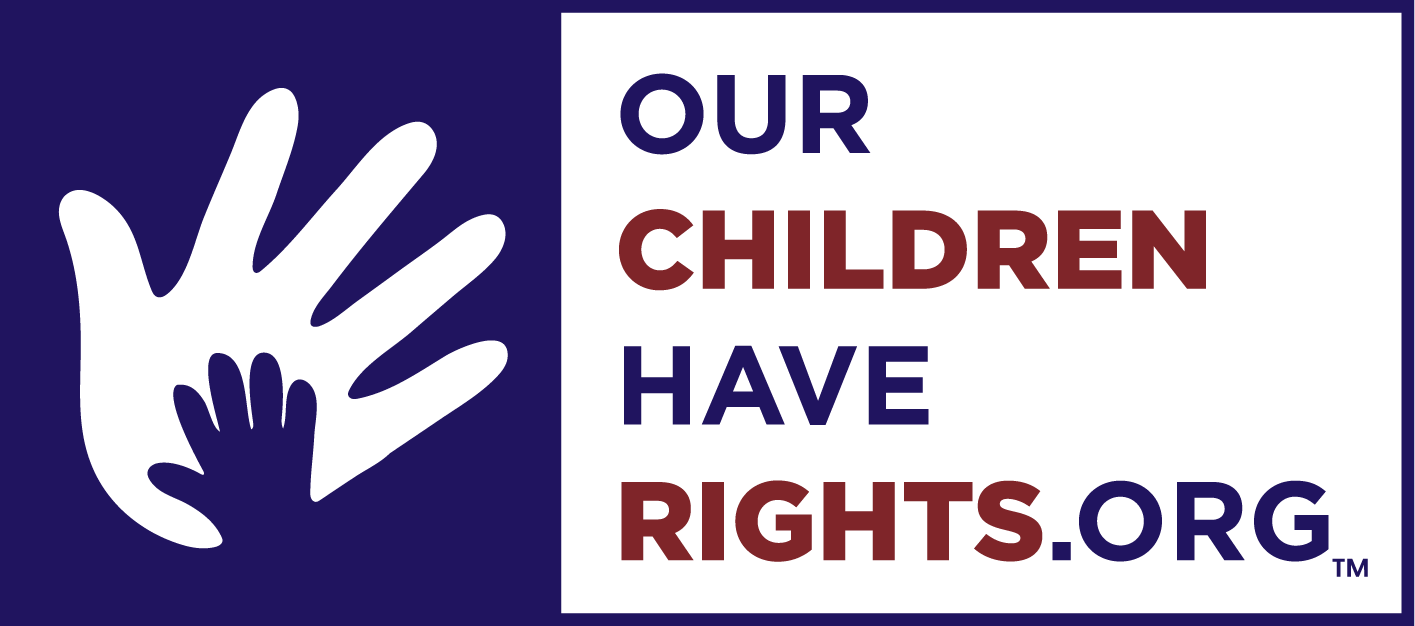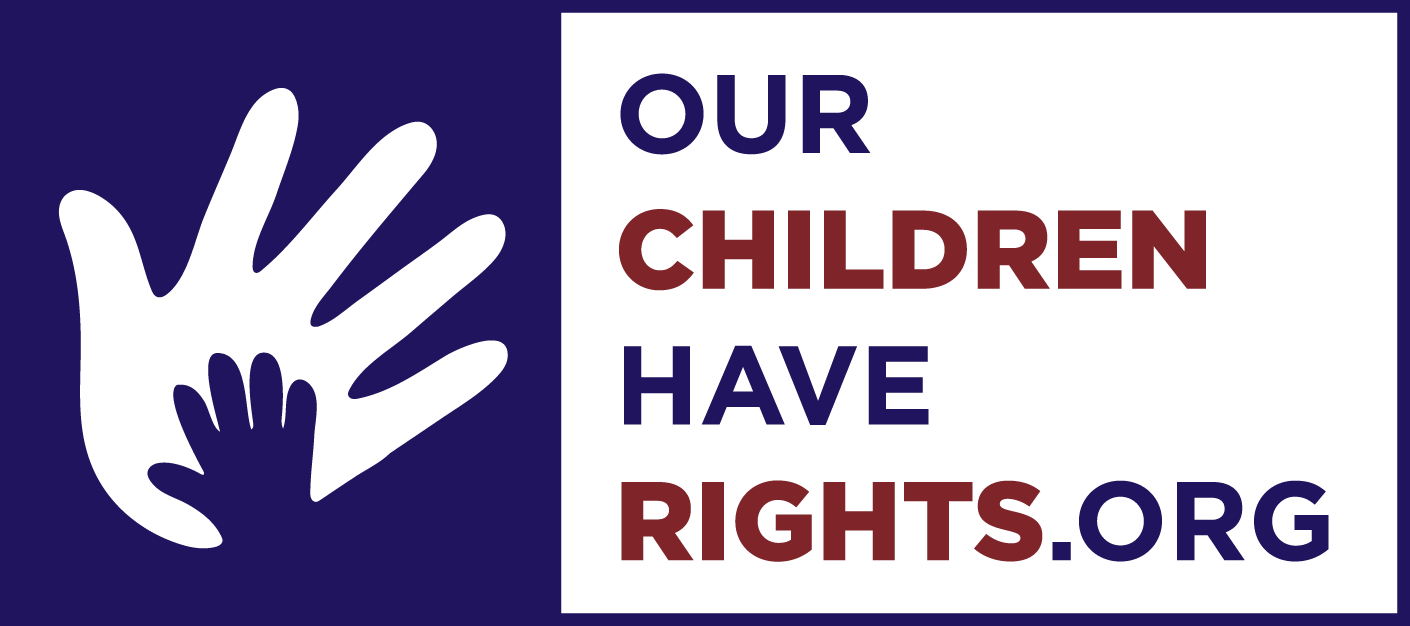
Key Legal Terms & Phrases

Don’t let a second language hinder your efforts. Learn the legal jargon and lingo for quick definitions in simple terms.
Ancillary Hearing: Any hearing other than the trial. Often referred to as a preliminary hearing.
Bailiff: An officer employed to keep order in the court.
Bench: The place where the Judge sits during the trial.
Bench Trial: A trial where the judge determines all fact issues without a jury.
Chambers: The Judge’s office.
Case in Chief: The testimony and evidence offered by one side in support of that side positions.
Clerk: A person who handles the paperwork of the Court.
Closing Statements: Final statements by each attorney at the end of the trial when they argue to the Court the evidence and law.
Court: Often used interchangeably with Judge.
Court Reporter: The person who records the testimony and court proceedings.
Cross-Examination: Questions asked of witnesses called by the opposing attorney.
Decree of Divorce: The final order that is signed by the judge disposing of all issues. Often referred to as the Final Judgement.
Direct Examination: Questions asked of witnesses called by that attorney.
Final Judgment: The final order that is signed by the judge disposing of all issues.
Jury Box: The place where the jurors sit during the trial.
Non-Responsive: When referring to the answer to a question, the answer goes beyond the question and the witness has volunteered information.
Objection: Notice to the judge by one attorney that the proceedings are objectionable, and the attorney wants to bring it to the attention of the judge and request a ruling.
Overruled: Stated by the judge when the judge disagrees with the attorneys notice of objection.
Sustained: Stated by the judge when the judge agrees with the attorneys notice of objection.
Opening Statement: Generally at the beginning of the trial, an argument by an attorney on behalf of the client’s position on the issues and applicable law.
Order: A ruling by the Court.
Petitioner: The party who initially files an action.
Preliminary Hearing: Any hearing other than the trial. Often called an ancillary hearing.
Rebuttal: Testimony that refutes prior testimony.
Recess: A period when the court is not in session. The court is on break.
Rendition: The pronouncement of the court’s final ruling, which may be oral or written.
Respondent: The person that the petitioner files an action against
Stipulations: Arrangements made between the parties and/or their attorneys.
Subpoena: A document served on a person ordering that person to appear in court to testify and/or designated documents.
Swearing In: When a witness takes an oath to tell the truth.
Trial: The determination of a person's guilt or innocence by due process of law.
Under Advisement: A period after the trial when the Judge considers the testimony, evidence, reviews notes and makes a final decision.
Witness Stand: The place inside the courtroom from which the witness testifies.

